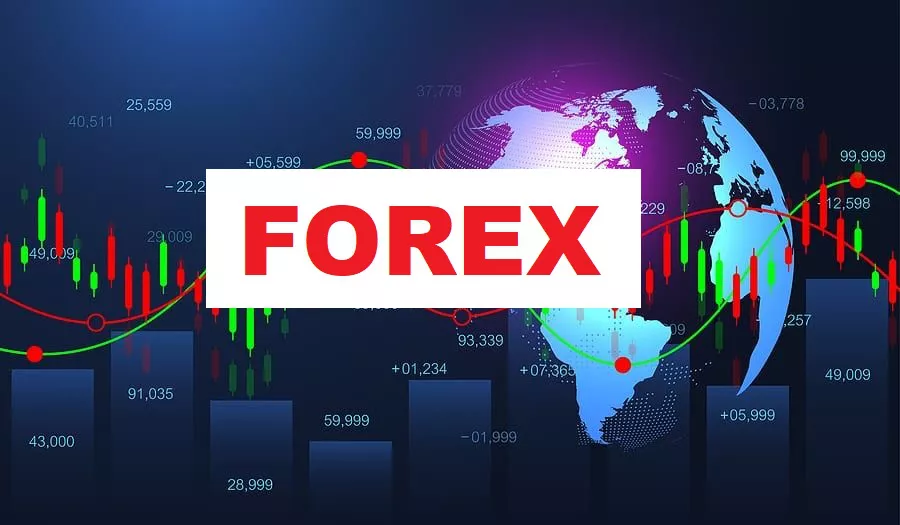Recent global market turbulence, marked by dramatic declines in major indices, has created a buying spree among big investors. Following Monday’s sharp sell-off, which saw Japan’s Topix suffer its worst decline since October 1987 and the S&P 500 experience its most significant drop since September 2022, investment managers have been seizing opportunities in technology and other undervalued stocks.
The downturn has been particularly pronounced in technology stocks, offering a chance for investors to acquire shares at discounted prices. Notable drops included Nvidia, which plummeted 15% to just above $90, and Apple, which fell 11%. This sharp fall provided an entry point for investors who believe in the long-term potential of these stocks.
Stephen Yiu, fund manager at Blue Whale Capital, noted that despite concerns about a slowdown in AI applications—voiced by some, including Elliott Management—he remains bullish. Yiu capitalized on the dip by purchasing Nvidia shares at $95, countering narratives that AI technology is overhyped. He argues that generative AI holds significant transformative potential.
Clare Pleydell-Bouverie, a fund manager at Liontrust, also took advantage of the sell-off, increasing her holdings in Meta and Amphenol. Pleydell-Bouverie views the market dip as an opportunity, stating that “some babies have been thrown out with the bathwater.” She emphasizes that Meta is currently benefiting from AI deployment at scale, suggesting that its valuation reset presents a favorable entry point.
Hedge funds have been notably active, with Goldman Sachs’ prime brokerage reporting substantial one-day buying in U.S. tech stocks—the highest in about five months. Semiconductor and software companies were among the top picks.
Ben Powell, Chief Investment Strategist for APAC and the Middle East at BlackRock Investment Institute, expressed enthusiasm for the tech sector, particularly the “Magnificent Seven” megacap tech stocks. UBS Global Wealth Management also endorsed increasing exposure to tech stocks, citing their solid fundamentals.
The recent market sell-off has been exacerbated by forced selling from quantitative funds that maintain strict risk limits. Deutsche Bank analysts noted that trend-following portfolios and volatility control funds had drastically cut their equity exposure, contributing to the sharp declines.
The increased market volatility—reaching its highest levels since early in the pandemic—triggered widespread selling across equities, bonds, and commodities. Citi, Invesco, and UBS have highlighted the investment opportunities arising from this forced selling.
In addition to U.S. stocks, some investors are exploring opportunities in European and Asian markets. Dan Scott from Vontobel has been adding to positions in large-cap U.S. and European stocks, emphasizing that the macroeconomic outlook remains stable despite weaker-than-expected July jobs data.
Peter Tasker of Arcus Investment in Tokyo noted the significant rebound in Japan’s equity market following Monday’s 12.2% plunge in the Topix index. Tasker described Japan’s market as “extremely cheap” following the sell-off, prompting strategic buying.
BlackRock’s Powell also pointed to dramatic declines in Taiwanese and Korean markets, noting their central role in the tech ecosystem. These markets are on his watch list for potential investments.
The recent global market sell-off, while causing considerable short-term disruption, has also created opportunities for strategic investors. By focusing on undervalued tech stocks and other high-quality assets, big investors are positioning themselves to capitalize on future market recoveries. As the volatility continues, discerning investors are likely to find more opportunities amidst the turbulence.
Related topics:
























